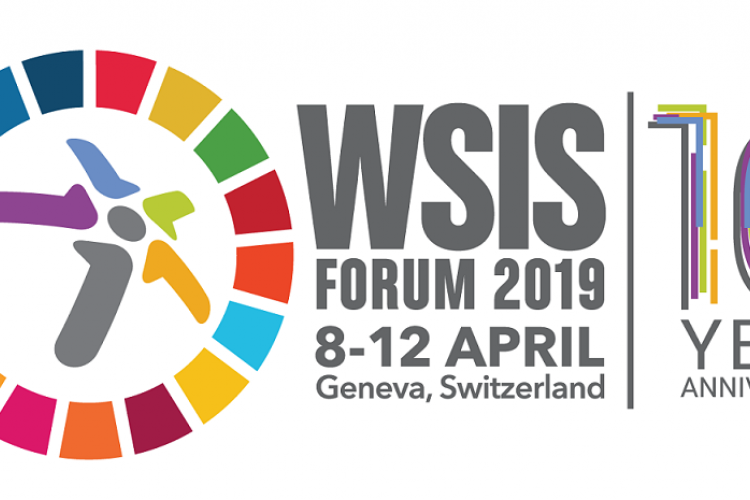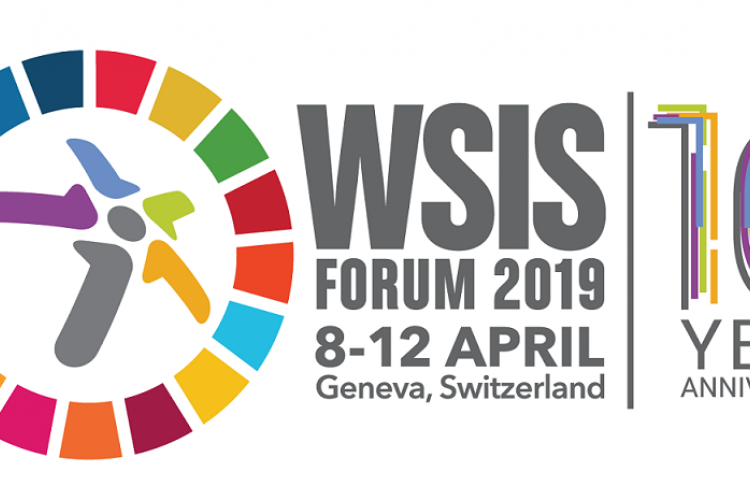Information & Communications Technology
Despite the great progress in deepening regional connectivity through information and communication technologies, Asia and the Pacific is still the most digitally divided region in the world, with less than eight per cent of the population connected to affordable and reliable high-speed Internet. As a result, millions of people are shut out from transformative digital opportunities in education, health and financial services. Women and girls, in particular, have lower levels of access to broadband Internet and other knowledge-enhancing technologies. The Asia-Pacific Information Superhighway (APIS) initiative aims to increase the availability and affordability of broadband Internet for all people across Asia and the Pacific. The ESCAP Youtube channel can be viewed here.
An Asia-Pacific intergovernmental platform recognized by ESCAP member States as one of the useful regional platforms for the promotion of digital cooperation (ESCAP Resolution 78/1, May 2022). APIS platform objectives are to bridge the digital divide and accelerate digital transformation by promoting digital connectivity, digital technology and applications, and the use and management of digital data. APIS Action plan consists of three pillars with scoped 25 actions. Three APIS Working Groups are focused on Connectivity for All, Digital Technologies and Applications and Digital Data. This APIS action plan 2022-2026 is supporting multi-stakeholder events at a high level, like Ministerial Conferences (ref Seoul, 10 November 2022), ESCAP Committee for ICT, Science Technology and Innovation (2020, 2022), United Nations Special Programme for Central Asia (2020-2023) and its Working Group on Innovation and Technology for Sustainable Development.
The APIS technical cooperation projects created online connectivity tools, an e-resilience monitoring dashboard, focused on rural-urban connectivity, clean air for sustainable ASEAN and digital payment projects. ESCAP website publishes analytical reports and working paper series on Asia and the Pacific digital transformation. Please refer to the brochure on APIS here
Promoting inclusive broadband through Village Broadband Internet Project (Net Pracharat) in Thailand
The Village Broadband Internet Project (Net Pracharat) aims to strengthen the national broadband network and provide affordable high-speed Internet access to all villages in Thailand by 2019. The government is investing in building high-speed Internet networks, using fiber optic cables, in remote villages that lack such services. This will enable local residents to have access to useful information and services on many topics, such as education, public health and government services.
Towards the World Summit on the Information Society Forum 2019
A Pilot Community Network in Pakistan: Online Supplementary Education and its Impact
Since December 2015, the Internet Society, in partnership with COMSATS Internet Services, has been implementing a pilot initiative in Chak-5 Faiz, a rural village in Pakistan, as part of the Wireless for Communities (W4C) Programme. This programme focuses on last mile connectivity in rural and remote areas, which involves developing communities’ capacity to build and operate the wireless network, and empowering them to create and use digital services.
Advancing Information and Communication Technology for Development (ICT4D)
Information and communication technology (ICT) has made fast, wide and deep technological impacts on international development worldwide, driven by rapid growth of mobile, Internet and broadband access in developing countries. The extent of developmental impact has already been recognized- supporting the work of hundreds of millions of farmers and micro-entrepreneurs with access to markets, produce and techniques; creating millions of ICT-based jobs; assisting healthcare workers and teachers; helping climate change adaptations, just to name a few.










